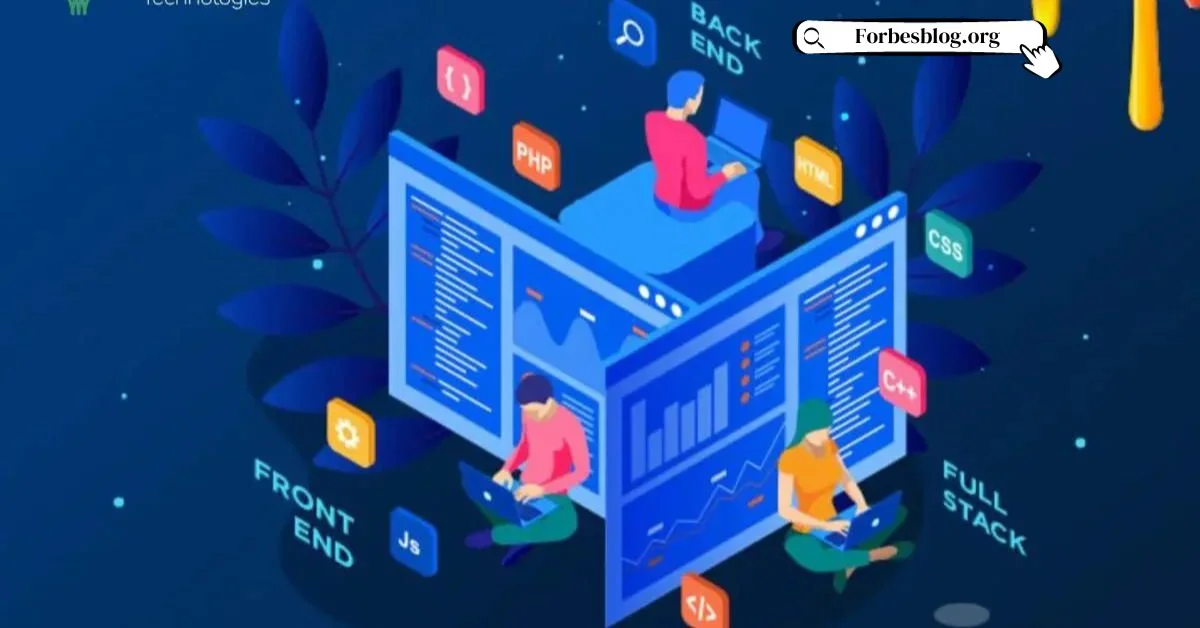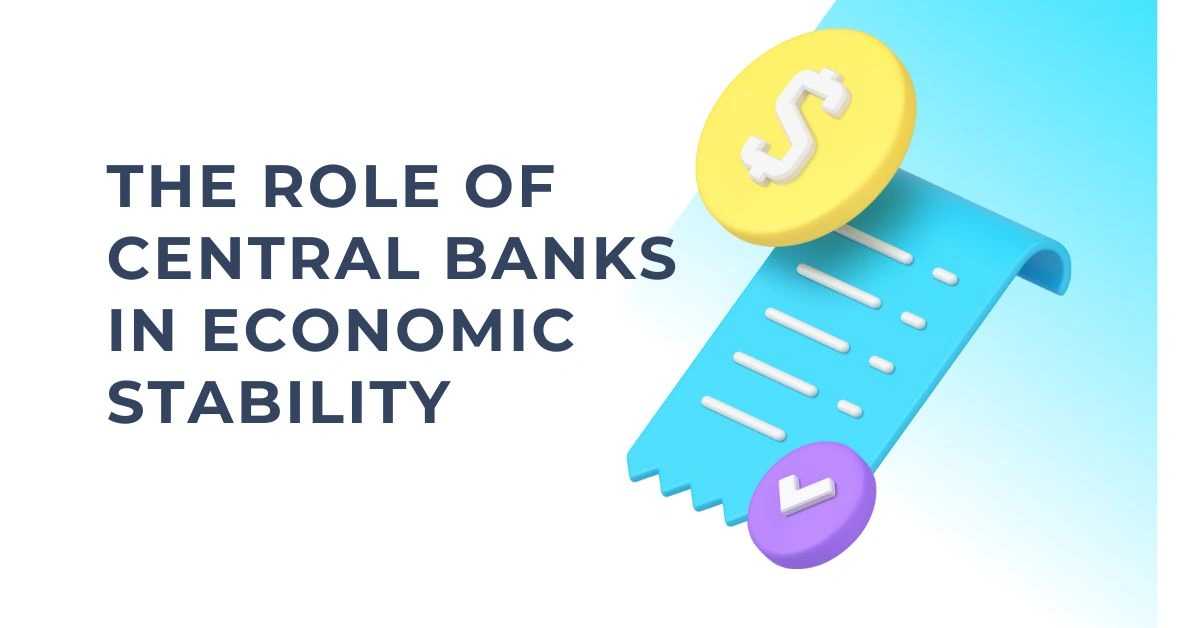Are you interested in a career change? Or even starting a brand new career? Is the world of digital and online appealing to you? Full-Stack Developer is one of the most sought-after, and in a lot of cases, some of the most well-paid avenues to venture into.
Not only are entry-level positions usually really well-paid, there is a lot of potential career growth in the industry, and as you become more efficient in your area, the more salary potential you can expect. In fact, if you become a proficient expert in one of the areas, you are able to increase your salary potential exponentially.
So, just how do you go about becoming a full-stack developer? We thought we would take a look at what languages you need to learn, what web skills you need to acquire, what full stack developer courses you should look out for, and the various options that you have to help you launch your own career.
Table of Contents
What is Full-Stack Development
Before we start with what you need to do to become a full-stack developer, let’s look at what it actually is.
Web development usually falls into two general categories: Front-end development and back-end development. Front-end development is the processes and web frameworks that your customers see and what you can see on the website itself. This is the side of development that caters to your customer and is based on being visually appealing and user-friendly.
Back-end development is the powerhouse behind the website and is the actual server-side of the application. It is the programming that allows the browser and the database of the website to exchange critical information between themselves.
Full-stack development combines both of these into an integrated function. It makes sure that the front-end and back-end work together in unison. It combines software products, patches, coding frameworks, servers, operating systems, database tools, and various other elements together to make sure that the website runs smoothly.
Your responsibilities would include:
- Ascertaining and understanding the projects from various clients and stakeholders;
- Creating solutions for the projects and problems;
- Designing user relations;
- Establishing various databases and servers;
- Creating, testing and modifying code;
- Testing for bugs in the code;
- Using various hardware and software for coding;
- Cross-platform optimization.

What Skills Do You Have to Learn
The world of development is absolutely bursting with acronyms and confusing names that seem to make no sense. You will simply need to work through each one and learn the skills in order to be able to effectively achieve each task.
Let’s take a look at the basic tools that you will need. Remember, everyone learns different tools and works differently with each one, but the absolute basics to learn are:
- HTML;
- CSS;
- JavaScript;
- DOM Manipulation;
- SQL/NoSQL;
- Java;
- Object-Oriented Programming.
Let’s break them up by front-end vs. back-end for you to gain more insight.
Front-End Tools
If you want to start with the absolute minimum, the key skills and tools to learn are HTML, CSS, and JavaScript. These are essentially the basic building blocks of websites and will give you the basics of what you need to know.
From there, you can move on to an application called jQuery, which is used with JavaScript and interacts with web pages and creates dynamic effects. For more modern front-end web development, popular options include React, Vue.js, and Angular.js. For version control skills, a really popular system that we recommend learning is Git. Essentially this allows you to commit code to a project without overwriting any of the existing code and throwing things out of balance.
Back-End Tools
From a backend perspective, there are a lot more options for you and more choices to work with. In the backend, you will be writing API’s that work together with the front-end web application on data and SQL queries.
Should you already be proficient in JavaScript, which we highly recommend, we highly recommend Node.js, which is one of the easiest ways to learn back-end development. This allows you to be able to code without learning a new language.
However, there are various other ways to learn to write backend code, including the highly popular options which you might have heard of:
- Python;
- Ruby;
- PHP;
- C#.
To acquire skills in web development frameworks, we recommend:
The Bottom Line
Although this may all seem like we are speaking a different language, once you start acquiring the basics skills, and learning the languages, you will soon start understanding what needs to be learned, and what works with what. We highly recommend a certified course that will take you from the basics, all the way to knowing how to eventually write database queries using SQL.
Visit for more articles: forbesblog.org












